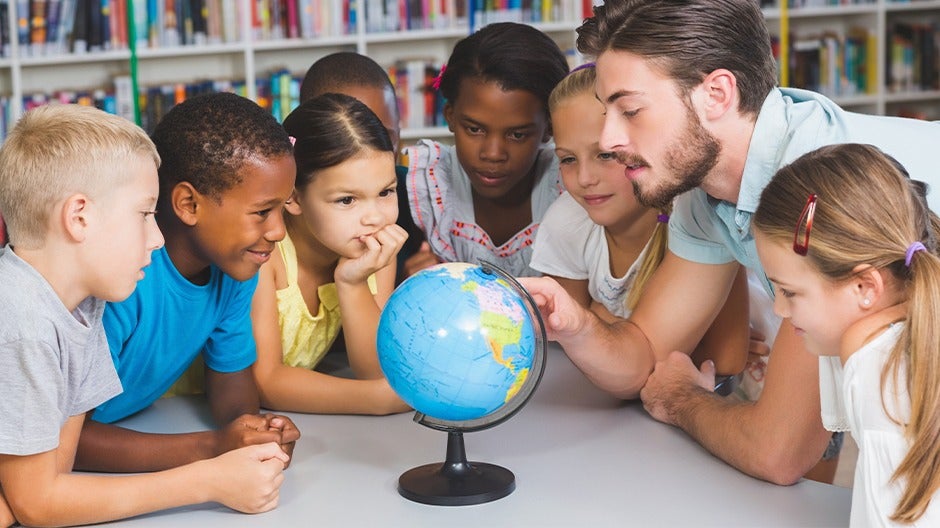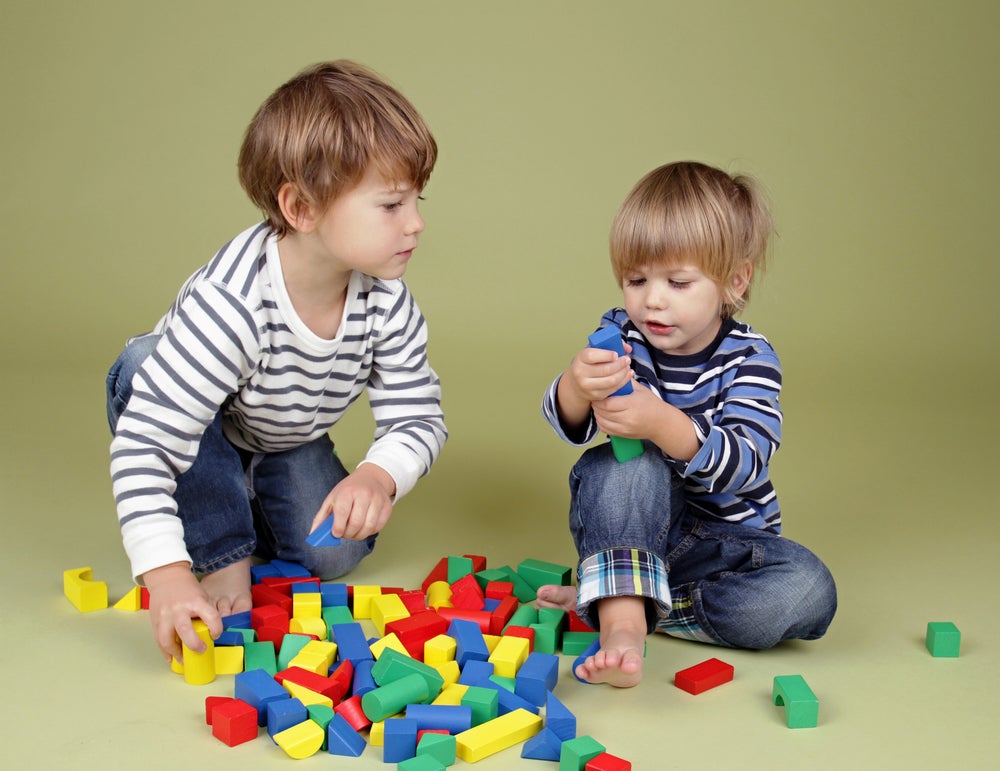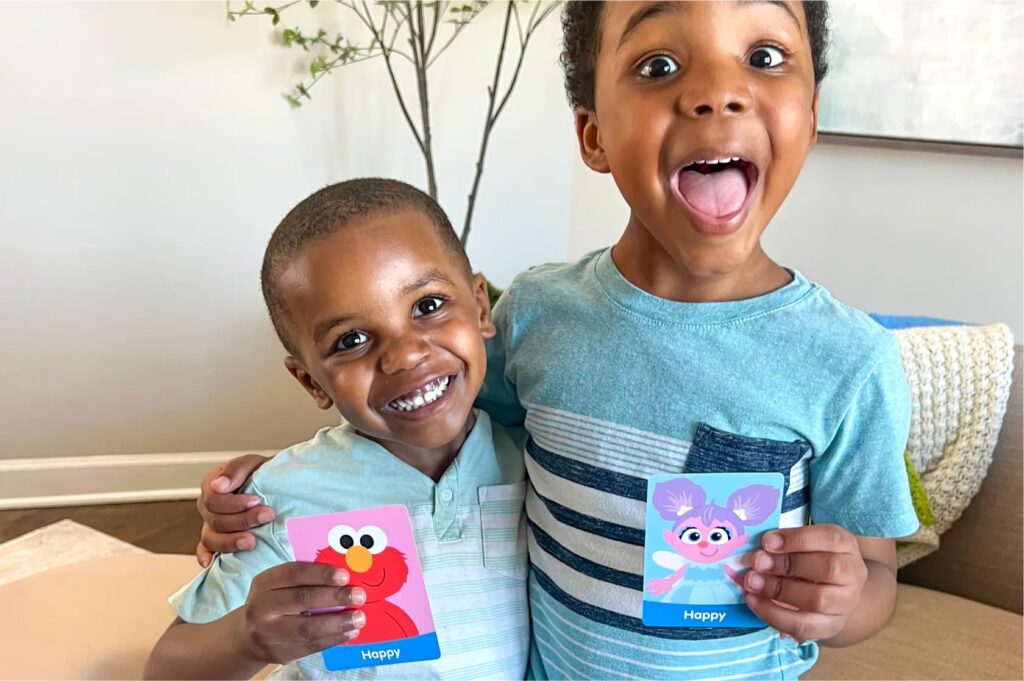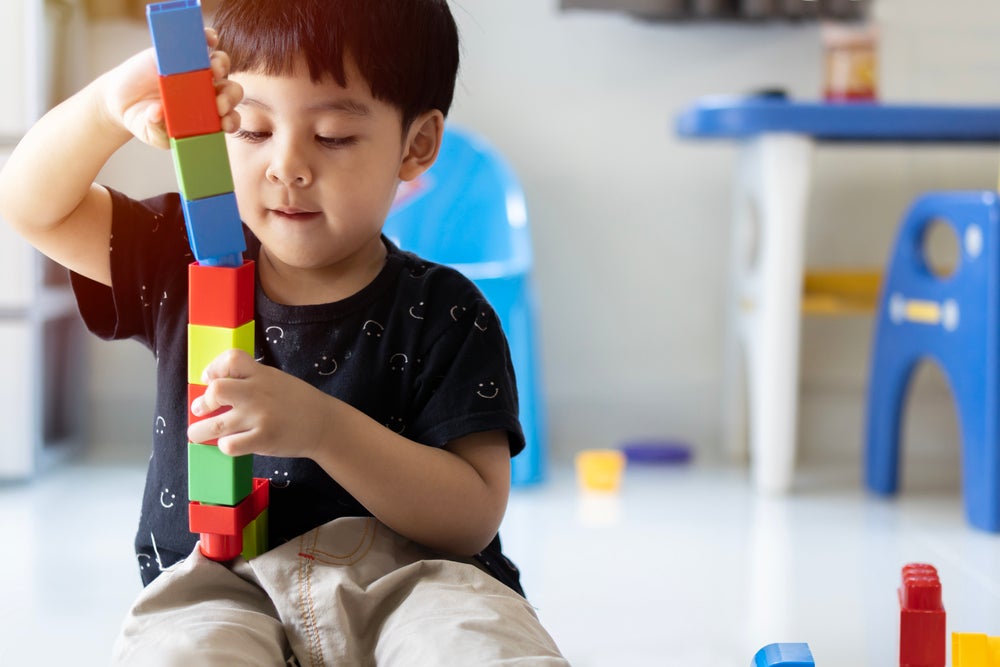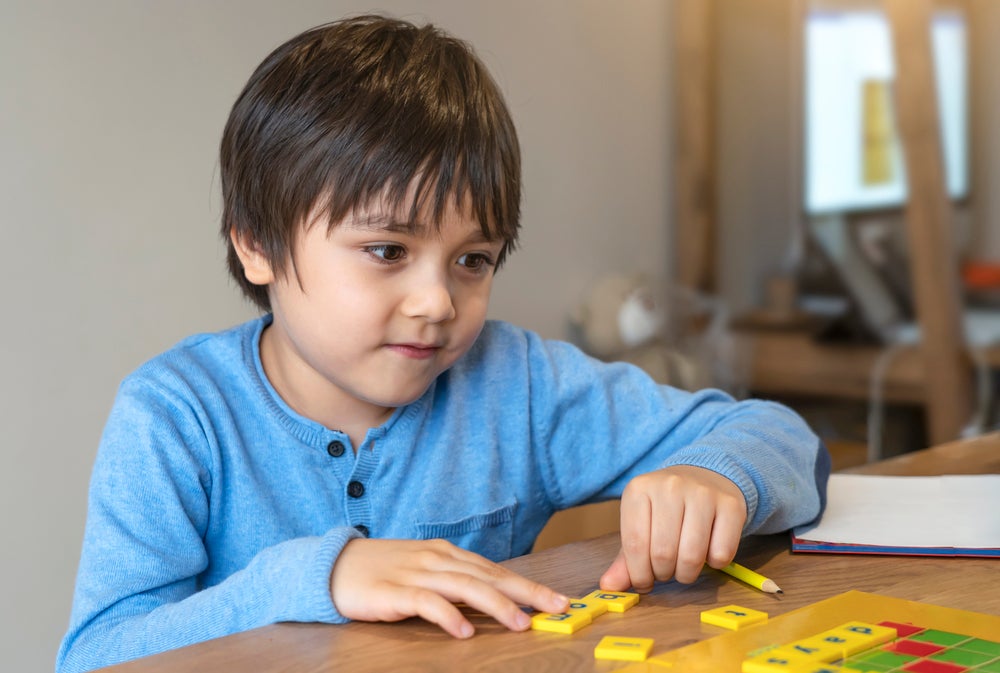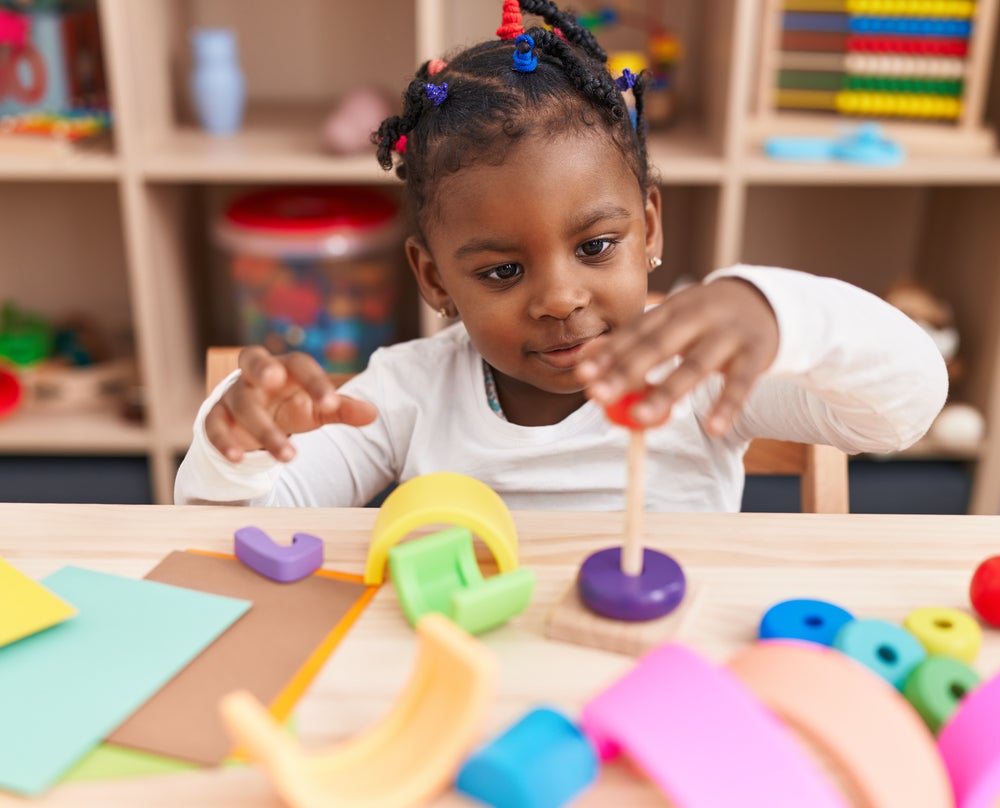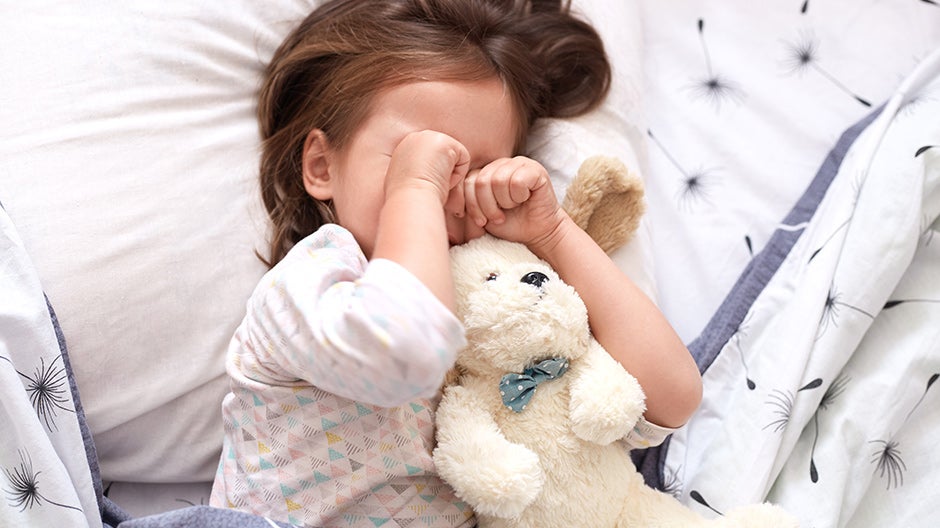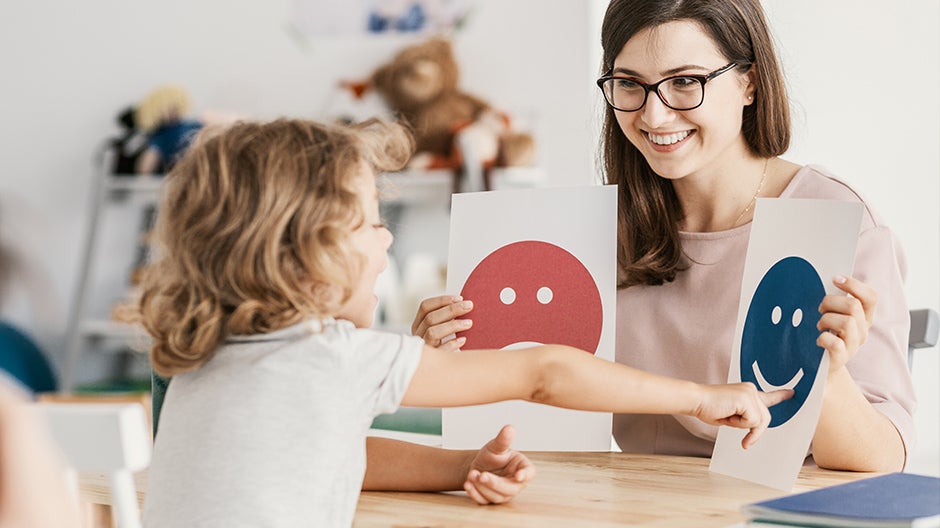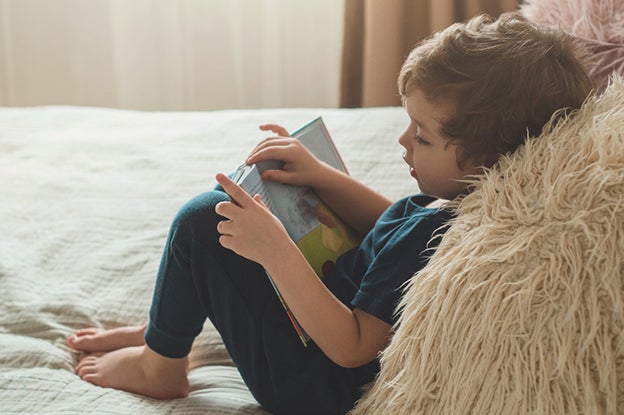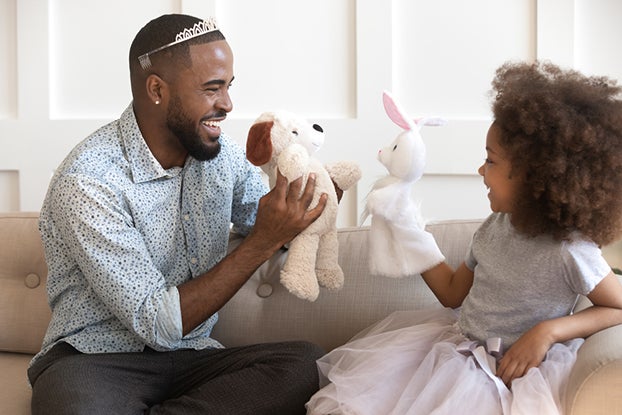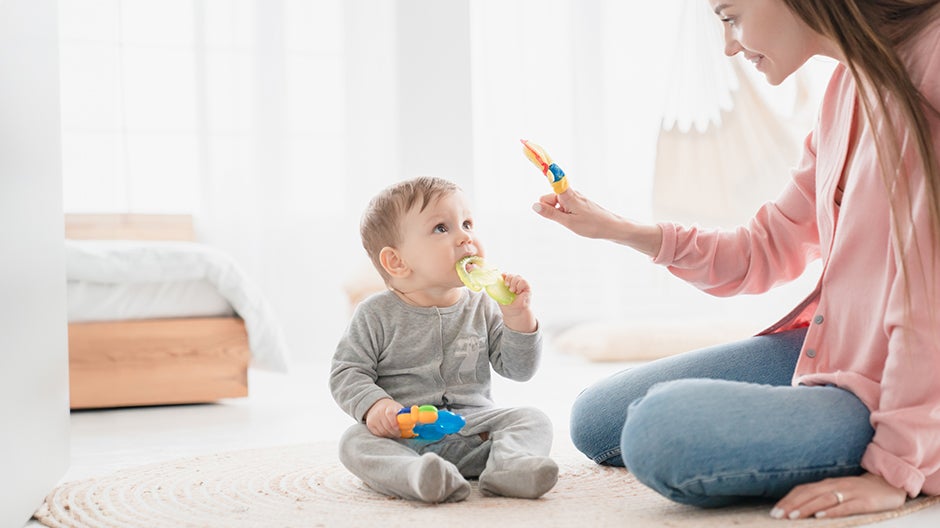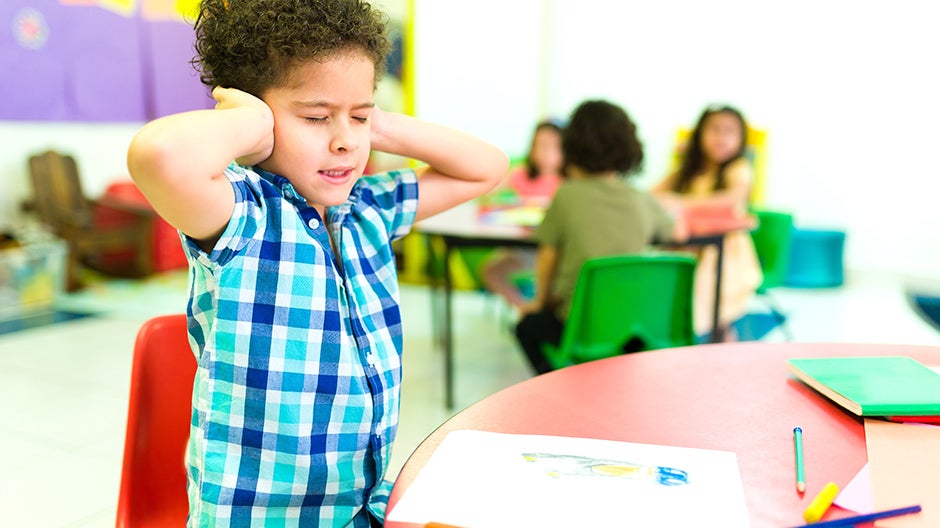Holistic skill development is about connections. Our kids don’t learn skills in isolation.
We often learn important concepts, such as weather, while we’re learning to read books (in this case, a book about weather). Being proficient in one skill facilitates building another.
For example, if your child can follow instructions and basic rules, they have an easier time learning to take turns and cooperate through playing games. If they have strong creative skills, they can problem-solve more effectively. And if they’re curious about the world around them, they’ll be more engaged in their education.
When your child is building all the skills that matter most, they have the best possible chance at achieving their fullest potential.
Wondering how holistic skill development can help your child thrive? We’ve got you covered.
The Short Cut
- Holistic education takes the whole child into consideration intellectually, physically, emotionally, and socially
- Five holistic skill areas help kids thrive in school and life: Core Skills, Creativity, Critical Thinking, Curiosity, and Character
- Kids encouraged in the 5 C’s are more engaged in school and score better in reading and math
- A learning membership that grows with your child can help kids develop the 5 C’s at the right time and in the right way
What Is Holistic Skill Development?
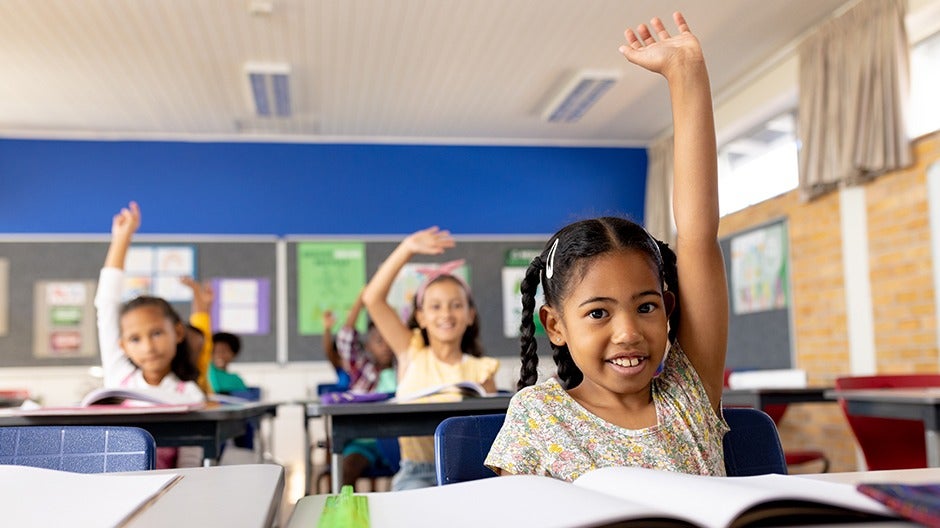
Holistic skill development gives kids a comprehensive set of skills to help them face the challenges of life.
Cultivating a holistic skill set—from reading to being kind to using logic to imaginative play—helps kids grow up into happy, well-rounded, successful people.
In holistic learning, each skill interacts with and is interconnected with others, and kids get a chance to develop their innate, unique strengths.
When we give our kids a wide range of opportunities to find those strengths—whether they’re physical, emotional, social, or intellectual—they can build on them and grow.
The 5 C’s at the Heart of Holistic Skill-Building
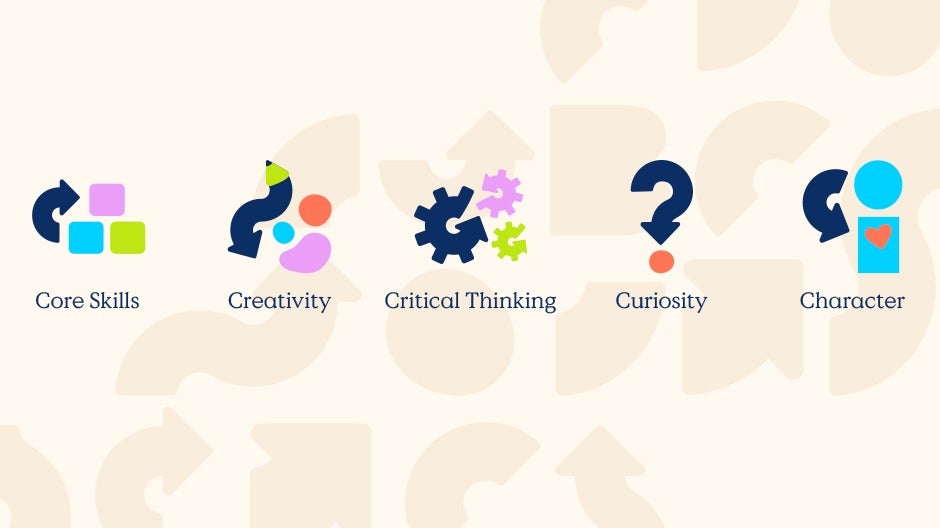
To create the Begin Approach to learning, our program of holistic skill development for kids, we started with the latest research from leaders like Battelle for Kids and Dr. Kathy Hirsh-Pasek and built on it.
Our framework encompasses play-based, hands-on, creative activities and lessons that ignite the 5 C’s of holistic development:
- Core Skills – The essentials for school and life, including reading, writing, math, and physical milestones like learning to tie shoes
- Creativity – The messy magic of creative problem-solving, self-expression, and imagination
- Critical Thinking – The use of logic, reasoning, and executive functioning skills to analyze information and make sound decisions throughout life
- Curiosity – The strong and natural motivation to make the unknown known (think about the number of questions kids ask in a day!)
- Character – The social-emotional skills, like empathy, collaboration, and resilience, that shape our kids and how they interact with the world
4 Reasons Why Holistic Learning Is So Important
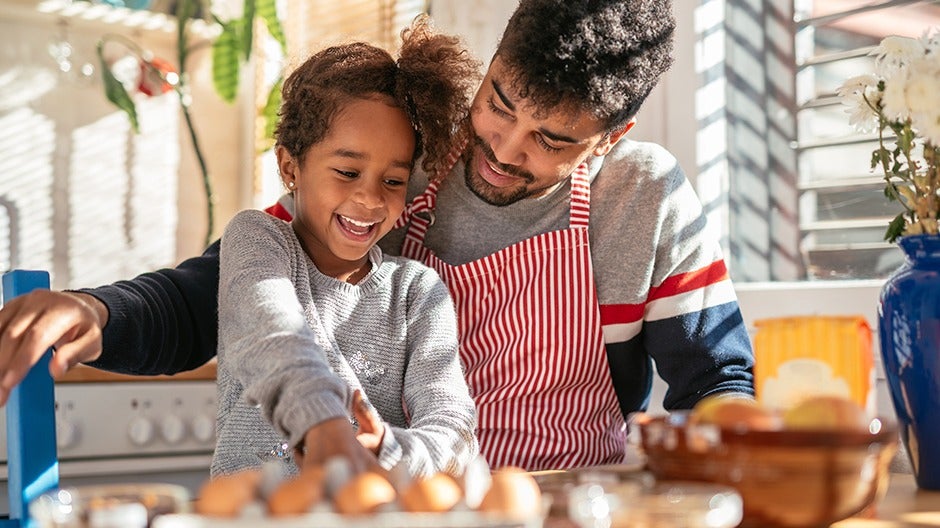
A holistic approach to teaching our kids not only leads to more academic success, but also improved health, employment, and general well-being as they become adults.
Holistic learning leads to:
1. Improved Academic Achievement
Because a holistic learning approach recognizes and works with the many strengths and challenges kids possess, it enhances their academic achievements.
Children learn better when they have safe and supportive relationships, know how to communicate, and are engaged with their learning—all characteristics of a holistic approach to education.
2. Enhanced Mental and Emotional Well-Being
A supportive and safe environment makes it easier for kids to take risks socially and emotionally, both inside and outside of the classroom.
With a holistic approach, kids can learn how to face problems that might be emotionally charged, like apologizing to a friend.
They understand the importance of empathy and kindness, and they’ve got a foundation of social and emotional skills to stand on.
Importantly, these abilities support them in building other skills—it’s easier for a kid to focus on a math lesson if they have effective tools to manage their feelings about an argument they just had with a friend.
3. Increased Ability to Transfer Classroom Skills into the Real World
Encouraging curiosity and creativity opens doors for expanding learning into real-world situations. Creative, curious kids can solve problems more readily in their homes and contribute to solutions when issues arise in their communities.
The skills in the 5 C’s are essential in the workplace too. By exploring and practicing them early, kids can carry them confidently into adulthood.
4. Healthy Social Dynamics
Many parents are worried about their kids’ mental health.
Depression and anxiety have been on the rise in kids. Children are feeling more stress, and they’re lonelier and struggling with social dynamics.
Because holistic skill-building places the same importance on social-emotional health as it places on academic and physical growth, it can help reduce the stress that interferes with self-confidence, making friends, and happiness.
8 Holistic Skill Development Activities to Try at Home
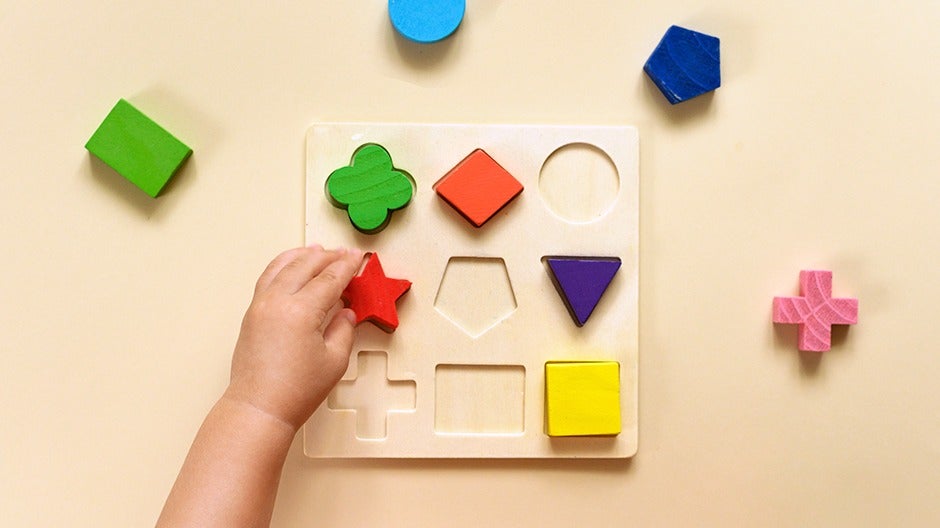
Many activities build holistic skills. Some you probably already do with your child—so you’re ahead of the game!
A few activities that touch on all 5 C’s include:
1. Cooking
Cooking is a fantastic hands-on learning activity. Depending on your child’s interest and ability, they can do things like:
- Follow a recipe
- Measure ingredients
- Mix batter
Cooking fosters sequencing skills, develops fine motor skills, and nurtures your child’s ability to collaborate.
2. Imaginative Play
Creative play bolsters your child’s communication and language skills and gives them the opportunity to practice all kinds of social interactions.
You can try:
- Giving your child a basket of dress-up clothes
- Suggesting they host a tea party with their stuffed animals
- Hiding an object and asking your child to become a detective to find it
If they’re worried about something like going to the dentist, you can also suggest doing a sort of “dry run” together. Act it out, encouraging them to play different parts.
3. Play-dough Play
The sky’s the limit with play dough! Your child can build houses, make animals, and design jewelry. Or they can create props to use in their imaginative play—like making the dentist’s tools for that “dry run.”
If you want to add some core skill-building through learning letters, play an alphabet game. Say a letter out loud and ask your child to make it out of the dough.
4. Painting
Painting helps build a variety of skills—from Creativity (obviously!) to Core Skills (color recognition and fine motor skills to prepare for writing).
It also encourages your child to explore color, shape, and the tactile experience of getting a little messy. (You might want to put a cloth or newspaper on your table or floor so it doesn’t get a LOT messy!)
Other art activities can help your child tap into creativity, emotions, and some math too.
5. Loose Parts Play
Wrapping paper, a paper towel tube, a leaf, a rock, and a wooden block. What do they have in common? They’re perfect for loose parts play.
A term coined by artist and architect Simon Nicholson, loose parts play inspires a move away from concrete thinking toward creative freedom. Using found objects (bigger than the diameter of the hole in a toilet paper roll), your child can build, tear apart, connect, stack, balance, and even break their creations.
You can group objects together too, to work on other skills. For example, suggest only using things found outside. Or things that are green. Critical Thinking skills are enhanced, Creativity explodes, and Curiosity is sparked.
6. Field Trips
You can work on a variety of skills by taking your child on a field trip.
Is your kid especially into space? Awaken their Curiosity by taking them to a planetarium or going to the library and borrowing books about the solar system.
Are they into cooking? Grocery shop together and then bake something with what you buy.
Getting out of the house and into the community broadens your child’s understanding of the world and themselves. They can practice empathy and kindness. They can problem-solve in a new and exciting environment.
And they can experience how their skills are useful in everyday life.
7. Reading Aloud
Whether your child is chewing on board books, asking you to read the same story a dozen times, or starting to sound out words, reading together provides many holistic skill-building opportunities.
You can read a story and then ask your child to tell it back to you (memory and sequencing skills). You can ask them questions about what the characters are feeling (empathy and kindness). Or you can ask them to write a new ending or act out the story (dramatic play).
No matter what the book is about, its pages are a great opportunity to develop the 5 C’s!
8. Gardening
Warm dirt. The scent of herbs. A rainbow of colors. The sweetness of a cherry tomato.
Gardening invigorates all of the senses, making it easier for your child to stay present and focused. (It’s actually a great form of meditating.) And because plants won’t respond to your child’s demands to grow NOW, gardening is a fantastic way for your child to “grow” their patience too.
Supporting Your Whole Child with Begin
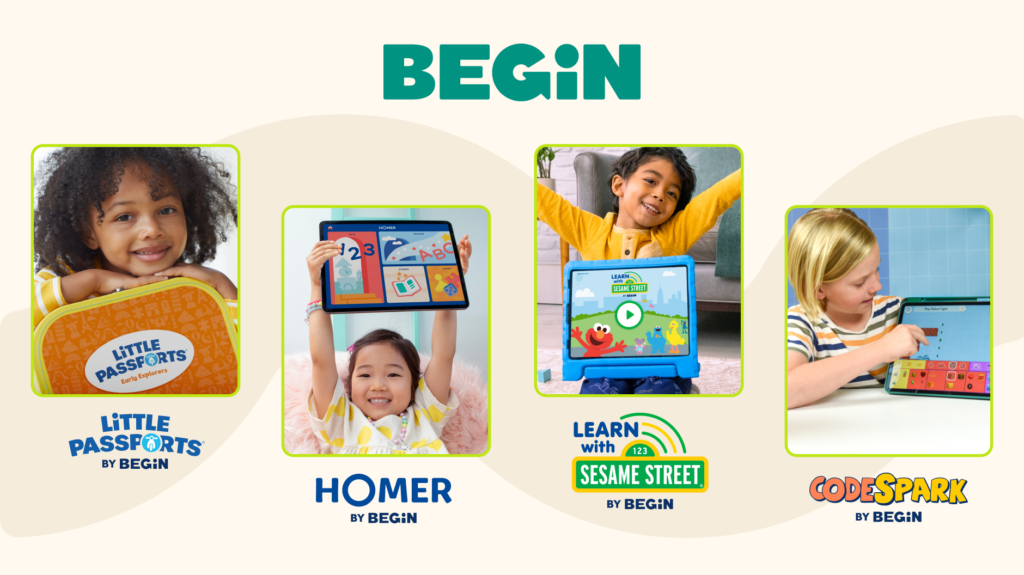
Offering your child a wide variety of chances for holistic skill development gives them the best chance at facing challenges and coming up with creative solutions.
It also helps them open doors to opportunities that extend past their childhoods and into their lives as adults.
And we can help! Our age- and stage-matched learning membership takes a holistic approach to teaching kids the skills that matter most.
Take our online quiz today to discover which stage of our membership is best for your family!
